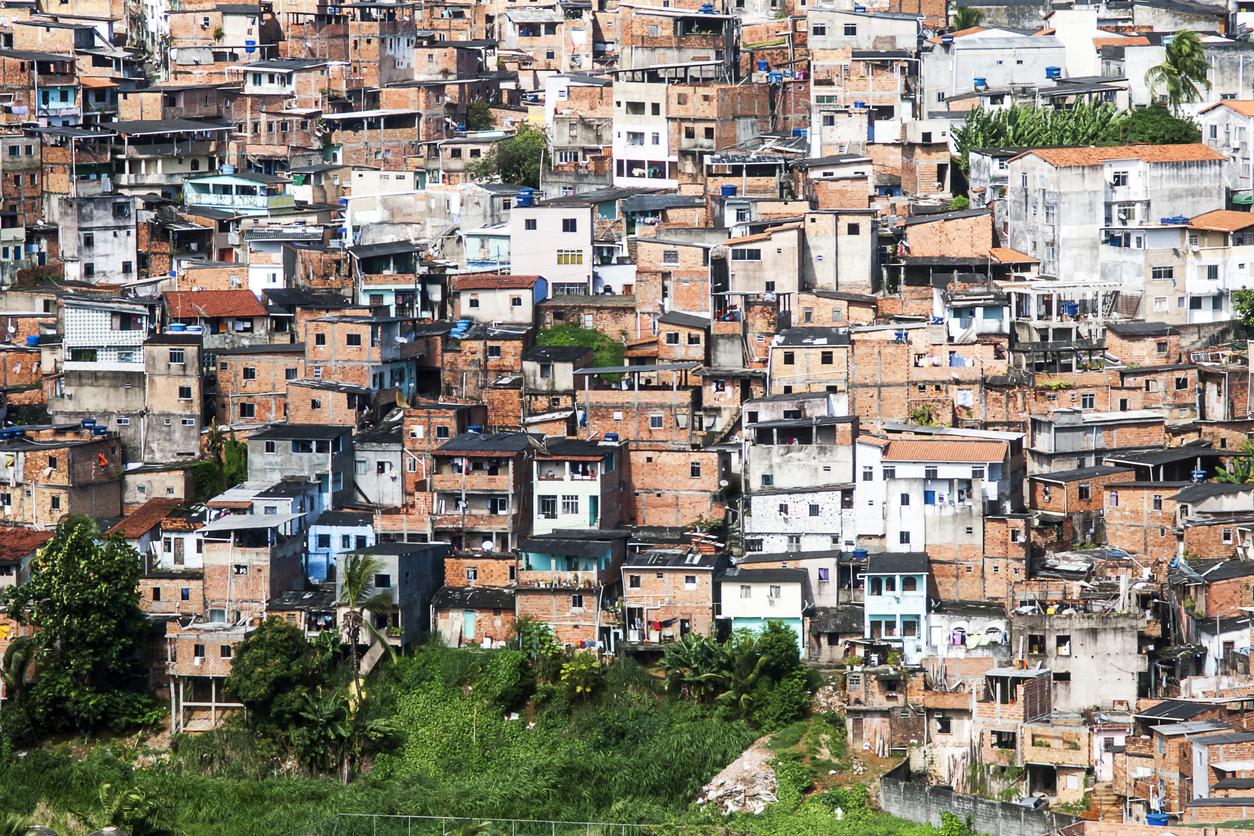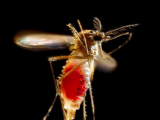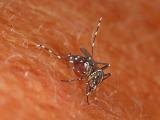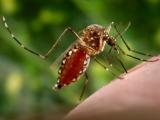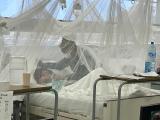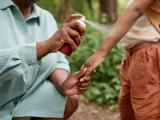A new study published today in Science shows that prior dengue infection may have protected some Brazilians from severe Zika infections during the 2015-2016 epidemic in the Americas. The study findings could have major implications for both Zika and dengue vaccine developments.
The research was based on a community prospective study of 1,453 residents of a favela in Salvador, Brazil. The residents of the favela— an urban slum— were already being studied as part of a long-term community health project when Salvador became one of the epicenters of the Zika outbreak.
Initially blood samples collected showed the rapid and pervasive spread of Zika: Samples collected in October of 2014 and March 2015 were almost entirely negative for Zika, but by October 2015, 63% of study participants showed evidence of Zika infection.
Because Salvador is a dengue-endemic region, researchers were also to able assess what, if any, impact previous dengue infections had on a person's susceptibility to Zika. According to the study, 642 samples collected in March of 2015 were tested for markers of prior dengue infection, and 86% of samples showed a previous infection.
"If you had multiple dengue exposures you end up becoming partially protected against Zika," said Ernesto T.A. Marques, MD, PhD, a professor at the University of Pittsburgh and public health researcher at Fundação Oswaldo Cruz in Brazil.
Among individuals who had prior immunity to DENV, each doubling in total antibody titers against dengue was associated with a 9% (95% confidence interval, 1% to 17%) reduction in the risk of Zika infection.
Patterns could influenza vaccine development
Marques said the estimated attack rate of Zika in the community was 73%, which means a majority of the study population quickly achieved some level of immunity to the virus.
"Although it was an explosive outbreak it hit hard, and burned out very fast," said Marques. The high rates of immunity left in the favela would, however, make it an unlikely site for Zika vaccine trials.
In a press release from the University of Pittsburgh he cautions that immunity findings the team saw in the small urban area where the favela was located might not be applicable to other parts of Brazil, or even to different neighborhoods within the same city, where people could still be susceptible to Zika.
But the findings do add complexity to the development and use of dengue vaccines.
"There are some cross-protective antibodies that dengue provides against Zika," Marques said in the press release. "Future study may be warranted to assess whether the new dengue vaccines could be useful in preventing Zika infection."
See also:
Feb 7 University of Pittsburgh press release
Feb 8 Science study
